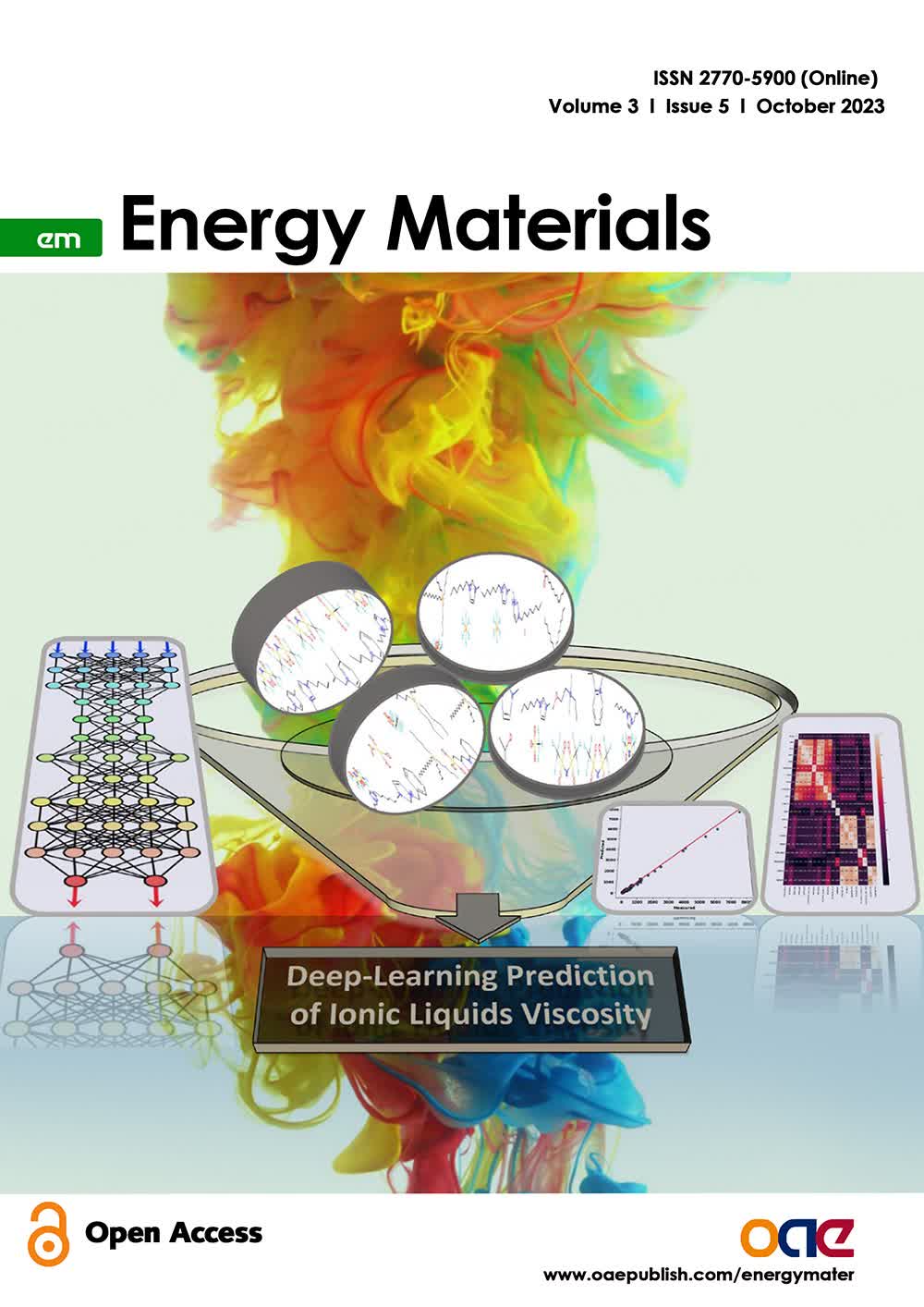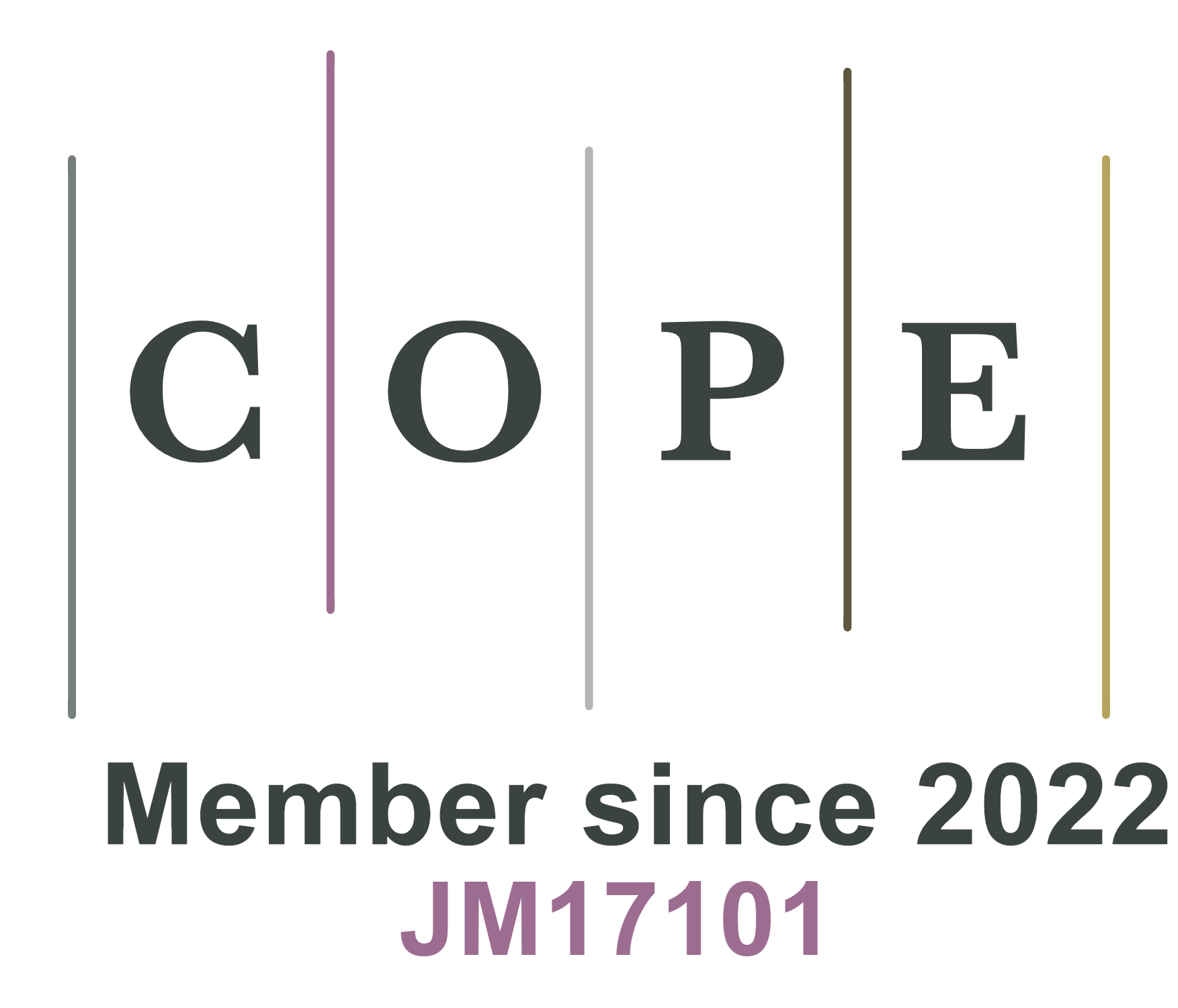Volume 3, Issue 5 (October, 2023) – 9 articles
Cover Picture: Ionic liquids (ILs) are novel solvents with great potential in design-synthesis, and are promising electrolyte candidates in energy storage applications, especially in rechargeable batteries. However, in practice, their usage remains limited due to the unfavorable high-viscosity (η) property at ambient conditions. To optimize the design synthesis of ILs, a systematic fundamental study of their structure-property relationship is deemed necessary. In this study, we employed a deep-learning (DL) model to predict the room-temperature viscosity of a wide range of ILs that consist of various cationic and anionic families. Based on this DL model, accurate prediction of IL viscosity can be realized with R2 score of 0.99. To further help identify low- and high-η ILs, a low/high-η binary classification model with an overall accuracy of 93% for test prediction is obtained based on the DL model. From the important structure-property relationship analysis of DL model, a list of very low-η ILs (i.e., η < 30 mPa·s) that could be potentially useful in battery electrolytes is identified. Based on the trend of ILs’ structure-property relationship analysis, we believe fine-tuning IL viscosities can be achieved through the proper design synthesis of functional groups in ILs.
view this paper 









